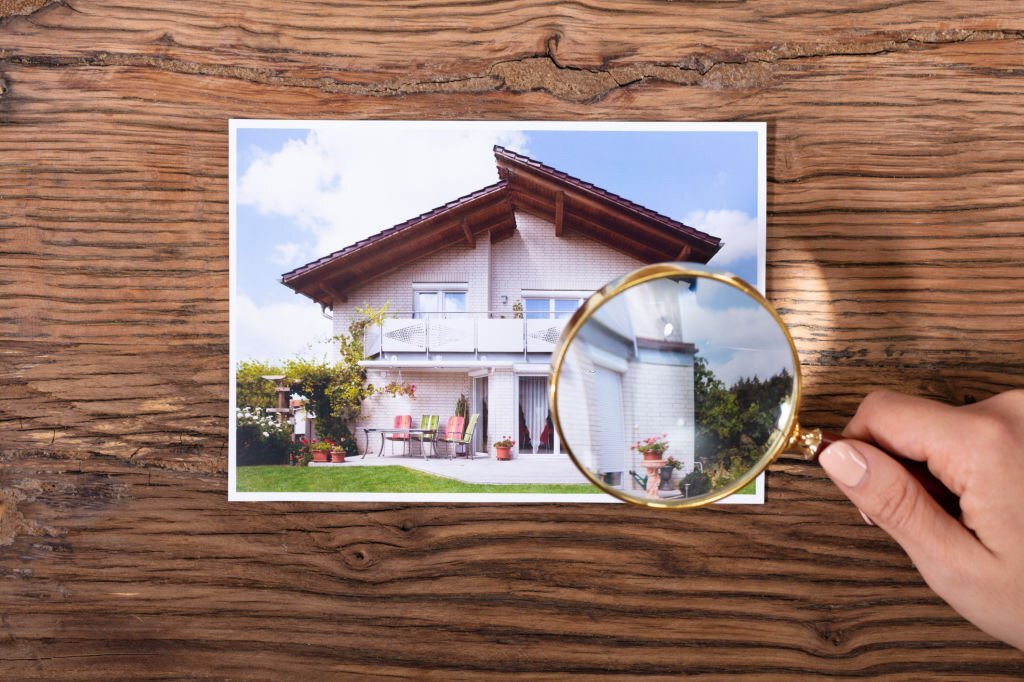Intro:
Purchasing a home inspection is one of the biggest investments you’ll make in your life. Before signing on the dotted line, it’s crucial that you thoroughly inspect the property or hire a professional home inspector to help uncover any hidden defects or problems. Here’s an overview of what to expect from a standard home inspection in the St. Louis area, so you can make an informed decision about the home’s condition before finalizing the sale.
What a Home Inspection Covers
A general St. Louis home inspection will assess the physical condition of the home’s major systems and components. Areas the inspector will examine include. Look for the following:
Exterior:
The inspector will look at the roof, chimney, gutters, drainage, siding, windows, doors, decks, and exterior surfaces for any visible damage, wear and tear, or potential issues. In truth Common problems found include cracked siding, leaky roofs, and poor drainage.
Structure:
Inspectors will examine the structural integrity and function of the home’s foundation, framing, floors, walls, and ceilings. They may detect signs of settling, improper construction, cracked walls or ceilings, and moisture damage.
Plumbing:
All accessible water and drainage pipes, fixtures, water heaters, and supply lines will be inspected for leaks, corrosion, water pressure, and proper functioning. Faulty plumbing can lead to water damage or potential mold issues.
Electrical:
There will be a safety inspection performed on the service panel, wiring, outlets, switches, and fixtures to look for things like exposed wires, overload circuits, faulty installations, and compliance with code requirements. Outdated or dangerous electrical can present fire hazards.
HVAC:
The furnace, air conditioner, ductwork, filters, thermostat, vents, and chimney flues will be examined to ensure adequate heating, cooling, ventilation, and energy efficiency. Age, damage, or faulty HVAC systems can be expensive to repair or replace.
Interior:
The inspector will evaluate walls, ceilings, floors, windows, doors, steps, railings, and cabinetry for damage and function. Symptoms of larger issues like foundation cracks, leaks, or pest damage are often first visible on interior surfaces.
What Isn’t Covered in a Home Inspection
While home inspections are comprehensive, several components lie beyond the scope of the standard inspection. Look for the following:
Mold/asbestos testing:
Specialized tests by qualified professionals would be required to detect these hazardous materials.
Pest inspections:
Separate examinations by exterminators would identify termites, bed bugs, rodents, or other pests.
Lead paint testing:
The age of the home would determine if lead-based paint testing is recommended.
Pool/hot tub examination:
A qualified pool contractor would need to inspect equipment and surfaces.
Septic tanks/wells:
Septic systems and well water would require specialized technicians.
Chimney cleaning:
Internal flue inspection may require a chimney sweep.
Alarm systems:
Testing of security systems would need a monitoring company or specialist.
Landscape:
The quality and condition of landscaping aren’t normally included.
Cosmetic defects:
Minor flaws like carpet stains or paint marks aren’t inspected.
What to Expect Day of Inspection
Look for the following:
Plan for 2-3 hours:
The inspector will perform a visual examination of the home’s interior and exterior, taking around 2-3 hours depending on the size.
It’s extensive:
Using tools like moisture meters, outlet testers, and inspection cameras, the inspection is very detailed and thorough. Expect the inspector to look at items closely and operate features like windows, doors, plumbing, and switches.
Inspectors take notes/photos:
The inspector will take copious notes about their observations and use a camera to document issues. You should receive a printed or digital copy of the inspection report.
Ask questions:
Don’t be afraid to ask the inspector questions during the process so you fully understand their findings. But Most are happy to answer on the spot.
Minimal disruption:
While cabinets may be opened and furnace panels removed, the inspection typically won’t leave the home in a major state of disarray.
Using the Inspection Report
The home inspection report should provide you with an objective overview of the home’s condition, allowing you to make an informed purchase decision and ask for price negotiation. Look for the following:
Summary of findings:
The report will summarize the condition of each inspected area and component.
Condition classification:
The inspector may classify issues as minor concerns, major defects, recommended upgrades, or items needing replacement.
Action items:
The report will highlight components needing repair or replacement, second opinions from specialists, or further investigation.
Moisture issues:
Carefully review any moisture problems, as water intrusion can lead to expensive repairs if left unchecked.
Safety hazards:
Electrical, fire safety or potential fall risks should be addressed ASAP.
Major system lifespan:
If major systems like the roof or HVAC are nearing the end of usefulness, replacement costs may need to be factored in.
Cosmetic fixes:
While minor in nature, repairs to floors, walls, cabinets, countertops, etc. still add up.
A St. Louis home inspection provides invaluable insight into a property’s condition. Last Understanding what home inspectors look for and using their findings appropriately will help ensure your purchase is based on objective facts, not just assumptions. In truth Consult a qualified professional to uncover all a home has to offer before completing your transaction.
Conclusion:
A standard home inspection allows buyers to make a St. Louis home purchase with greater awareness of the property’s condition. Although not exhaustive, a home inspection provides an objective assessment of the major systems, structures, and components that can reveal underlying defects or issues. Furthermore, understanding the scope of the inspection empowers buyers to carefully evaluate the home before closing and negotiate repairs or pricing accordingly. Therefore, it is advisable to consult a qualified St. Louis home inspector for an expert evaluation before your next purchase.

